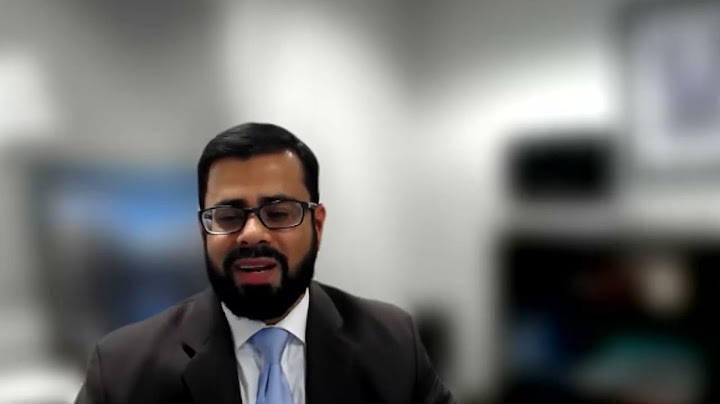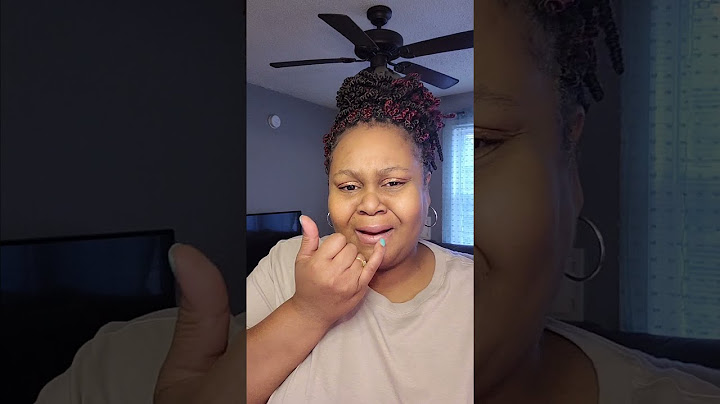Show
Mental health counselors help clients navigate difficult life experiences, help them set goals and provide critical emotional support. They enjoy rich, rewarding careers where they make a difference by using their listening, problem-solving and interpersonal skills.More than 43 million American adults deal with mental illness issues each year, according to the National Alliance on Mental Illness (NAMI). With issues such as addiction, childhood trauma and dementia in an aging population driving the demand for licensed counselors, the need for them is expected to grow 20% between now and 2026, according to the U.S. Bureau of Labor Statistics. Marc Wilson, executive director of the online master's in clinical mental health counseling program at Southern New Hampshire University, said that earning state licensure as a mental health counselor offers great advantages to practitioners. "Becoming licensed through your state and receiving that training prepares you to know what to do no matter who walks through your door. These days people in counseling settings deal with complex post-traumatic stress disorder, addiction, or chronic mental illness," he said. Those interested in becoming a licensed mental health counselor should follow these five critical steps to ensure the right mix of education, work experience and supervision required to become licensed in a state. The Path to Becoming a Mental Health Counselor1. Earn your bachelor's degree.Although students aren't required to major in sociology or psychology to obtain a graduate degree in counseling, many instructors agree that it's beneficial to get a good foundation in these subjects if you plan to become a licensed mental health counselor. Franc Hudspeth, an associate dean of SNHU's online counseling program, said courses in human growth and development help students understand the continuum of human growth, giving them a better understanding of the transitions that take place during childhood, adolescence, adulthood and older adulthood. Taking classes that focus on cultural diversity is also important, as mental health counselors work with men and women from diverse socioeconomic and multicultural backgrounds, he said. After completing a bachelor's degree, students interested in applying to a graduate program will need to furnish their transcripts, letters of recommendation and answer questions that assess how well they handle things like conflict, he said. 2. Assess your strengths and suitability for the role.Although you may have a passion for topics related to counseling in your academic classes, it's important that you enjoy working with people before you commit to licensure in mental health counseling, said Metoka Welch, associate dean of counseling at SNHU. Getting good grades is only part of the equation. Patience and flexibility are two traits all good counselors should exhibit. "It's a nice mix of different traits that make someone a good counselor. And it's not always a 4.0 (grade point average). There's the academic component, soft skills and being willing to trust the process and be comfortable being uncomfortable," Welch said.While it's not required that students have on-the-job experience when they apply to a graduate program, it can be helpful to work in a mental health setting to gain a better understanding of how well suited you are for a counseling role. 3. Complete a master's degree program that aligns with national standards.To become licensed in most states, prospective mental health counselors must complete 60 credit hours of graduate-level coursework in counseling. National accreditation bodies determine the core content that students must master throughout their experience, Wilson said. "What we did ... was build the curriculum with national accreditation and state statutes in mind. We settled on 18 courses that would meet both national and state criteria, which leaves two courses that could be electives, depending on where you live," he said. Courses should cover topics such as research methods and program evaluation, group counseling, substance use disorders and addictions, and diagnosis of emotional and mental disorders. Students should be prepared to work individually, with partners, and in small groups throughout their coursework. Hudspeth said programs are designed this way to foster good listening skills and develop a student's ability to hear what someone is saying and take that information and be able to assess and act. Welch said it's important for graduate students to demonstrate that they can multitask, prioritize, and assimilate information. "I like that our program is not only interested in building your knowledge base to become a counselor, but we ask that you be willing to look at your own self and understand that as a therapist, you are the conduit," she said. "They have to be inter-personally relatable and have the courage to be honest with themselves and their clients." 4. Develop your interpersonal skillsTo hone counseling skills, SNHU's online program also includes two required face-to-face residencies that help students put their skills into practice, as well as a practicum and two internships. "The residencies by nature are intensive, and the experiences there have been designed to help students uncover implicit bias they may have," Wilson said. "Counselors should strive to be nonjudgmental and accepting. It's an opportunity for students to look at themselves and question whether counseling is the right career for them. "On the flip side, such residencies also give an opportunity for faculty to ensure students are not only receiving adequate training but are also people who are going to be ethical, competent counselors," Wilson said. In the practicum, students work with actual clients under the supervision of a licensed counselor for a minimum of 100 hours. Each internship requires that students spend a minimum of 300 hours, usually 30 hours per week, working at approved sites under supervision. Many schools cultivate relationships with sites, but students are often called upon to find their own sites and have them approved, Hudspeth said. "Students often go to sites that pique their interests, and we encourage them to stick to one site for the duration of their training," Welch said. "When at a site, supervisors spend time training you on their protocols and procedures, and you build a caseload." 5. Understand and fulfill state licensure requirementsStudents must understand the specific requirements of the state in which they intend to apply for licensure and be apprised of any changes to those requirements. If they move to another state, licensing requirements could be different from the state where they currently reside, for example. The American Counseling Association provides a directory of all state professional counselor licensure boards. "States have differing criteria for what has to happen during internships, what types of clients students must see, how many client interactions should be face-to-face and the range of client issues students need to see," Wilson said. "Some states expect you to complete your post-graduate work within a specific time frame." State licensure application processes also vary. States may specifically require the National Counselor Examination for Licensure and Certification (NCE) or the National Clinical Mental Health Counseling Examination (NCMHCE). Some states require both examinations or allow you to choose which examination you will take, said Welch. "Exams in most of these states are taken after graduation but before students begin supervised clinical experience," said Hudspeth. In some states, before students sit for an exam and apply for their licenses, they must demonstrate hours of supervised post-graduate work. In Virginia, for example, graduates must acquire 3,000 hours of post-degree counseling work before they can take the licensing exam, Welch said. States require somewhere between 2,000 and 4,000 documented hours for licensure. (To check state requirements, visit the American Counseling Association or the National Board of Certified Counselors.) A Comprehensive Process for a Vital CareerCompletion of post-graduate work with supervision can take up to three years to complete. At that point, graduates are working in a paid position but with a supervisor approved by their state board who is documenting their hours, Welch said. Once a state issues a license to a counselor, that counselor may work without supervision. In total, an individual may spend up to five years completing graduate and post-graduate work before they can be recognized as licensed mental health counselors, which is why it is not a profession to take lightly, according to Wilson. "The reason that a master's degree in counseling is 60 credits instead of 36 is that you do not get the breadth of knowledge you need to know in one year of coursework. You are not going to get the experience you need to work independently that quickly either," he said. "The reason for becoming licensed is that you can be prepared to work with anyone you meet." Krysten Godfrey Maddocks '11 is a writer and marketing/communication professional. Connect with her on LinkedIn. How do I get my LPC in GA?Licensed Professional Counselor (LPC) Licensing Process. Register as an Associate Professional Counselor (APC) and request permission to test. ... . Pass a national counseling exam. ... . Complete supervised experience. ... . Apply for and receive your LPC licensure.. What degree do I need to be a counselor?After completing class 12th in any subject, you can go for an undergraduate degree. To become a Counsellor in India, you can pursue a Bachelor's degree in Psychology/ Counselling Psychology/ Clinical Psychology or any other similar subject.
How do I get an Lmhc in Massachusetts?How to Become a Licensed Mental Health Counselor (LMHC) in Massachusetts. Complete pre-master's field experience. ... . Complete post-master's field experience. ... . Take and pass the National Clinical Mental Health Counselor Examination (NCMHCE) licensing board examination. ... . Apply for your license.. |

Related Posts
Advertising
LATEST NEWS
Advertising
Populer
Advertising
About

Copyright © 2024 nguoilontuoi Inc.

















